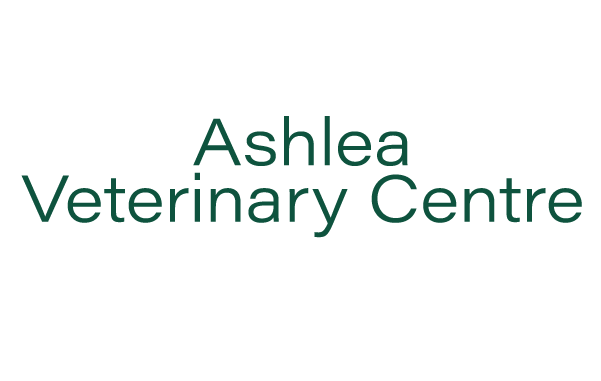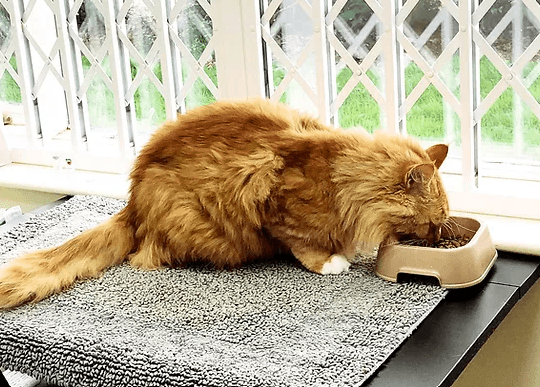Diet Advice
What you feed your cat is an important decision. Our vets and nurses are here to help.
In the wild cats will hunt their prey and eat them complete – hair, feathers, bone and all.
But meat alone cannot provide all the nutrients that a cat requires, being deficient in calcium, fibre and essential fatty acids, and for most owners the simplest option is to use a commercial diet specifically prepared for cats by a reputable manufacturer.
Their natural diet acts as nature’s toothbrush, disturbing plaque and making tooth and gum disease far less likely.
A tin of moist cat food will not present much of a challenge to a set of cat teeth, and undisturbed plaque on the tooth surface rapidly develops into hard tartar. The state of its teeth will usually reflect the diet that the cat is eating!
While brushing a pet’s teeth may be a realistic option for dog owners, few of us will have cats that will willingly submit to such a daily routine.
Consequently this practice encourages the use of dry food as the staple diet for our pet cats. There are many dry foods on the market, of varying price and varying quality.
Price differences usually reflect the meat content of the diet and the quality of the ingredients used. We are happy to recommend the Hills range of pet foods as they are made from premium grade meats. If you are feeding dry food it is essential that you follow instructions regarding the amount of food to feed as these diets are far more concentrated than tinned food.
Remember that moist diets contain about 80% water! You may only rarely see your cat drinking water if they are living on canned meat.
Milk is not essential for cats, even for kittens providing that they are being fed a good quality diet. It is far better for your weaned kitten to get its essential calcium from a properly prepared kitten diet.
Adult cats are often lactose intolerant or allergic to dairy protein, indeed given the frequency with which milk can cause diarrhoea in cats we feel it is better to exclude it totally from your pet’s diet.


